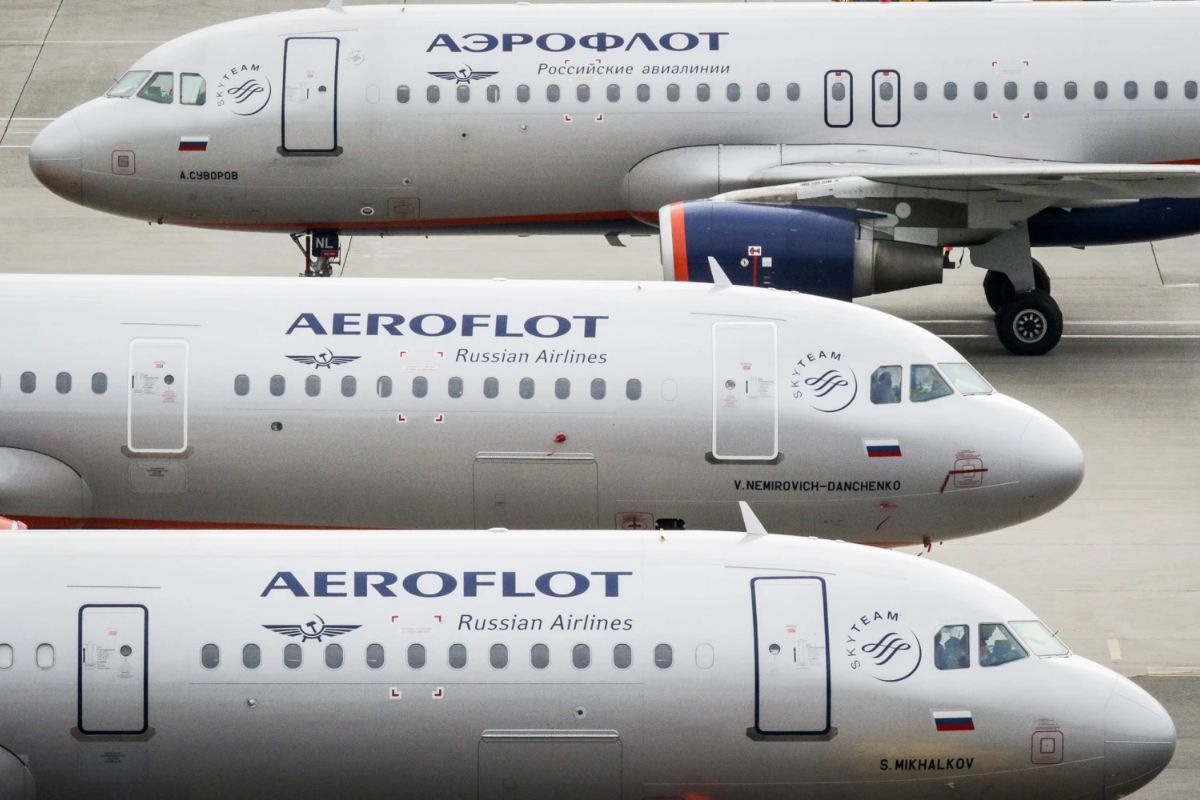-Russia’s state-owned Russian Aviation , Aeroflot, suffered severe operational paralysis on July 28, 2025, after a large-scale cyberattack forced the cancellation of at least 49 flights, with many more delayed. The disruption impacted both domestic and international services, including key routes to Minsk, Yerevan, and Tashkent, according to Financial Times.
The pro-Ukraine hacktivist group Silent Crow, in collaboration with Belarusian Cyber Partisans, claimed responsibility. In a Telegram post, they alleged a year-long infiltration of Aeroflot’s systems, culminating in the destruction of over 7,000 servers and the exfiltration of 20 terabytes of sensitive data—including surveillance footage, flight logs, and even executive voice recordings.
Aeroflot assured affected passengers that rebooking and refund options were being arranged. However, for many, the outage disrupted vital travel plans, sparking frustration and public scrutiny over Russia’s cybersecurity readiness.
Kremlin Scrambles Amid Mounting Digital Threats
The Russian Prosecutor-General’s Office confirmed it had launched a formal investigation, labeling the cyber incident as a criminal act. Government spokesperson Dmitry Peskov admitted the event was “alarming,” emphasizing the vulnerability of large service providers to coordinated digital attacks.
Russian lawmakers quickly responded. Anton Gorelkin, deputy chair of the Duma’s information policy committee, said Russia is “under attack on all fronts,” referencing the growing hybrid warfare that includes not just military but cyber fronts. Fellow legislator Anton Nemkin added that those responsible for failing to secure key infrastructure should also be held accountable.
Silent Crow escalated tensions further by threatening to release the personal travel data of Russian citizens who had used Aeroflot in recent years. The Ukraine Hackers framed their campaign as part of a broader effort to retaliate against Russian aggression in Ukraine, claiming the attack was meant to “undermine public trust in Russian state-run institutions.”
Russian Aviation Disrupted as Russia Faces Digital Battlefield
This incident comes on the heels of earlier disruptions caused by Ukrainian drone incursions over Moscow, which resulted in over 480 cancelled flights and nearly 2,000 delays in early July. Russian Aviation industry, already strained under Western sanctions and limited international partnerships, now finds itself grappling with a new, less visible enemy—cyber sabotage.
Experts warn the attack on Aeroflot could have long-term implications. Andrei Litvinov, a former Aeroflot pilot, called it a “catastrophic breach,” saying that the loss of internal data and exposure of operational secrets posed a significant threat to the airline’s future.
Despite sanctions, Aeroflot remained among the top global carriers, transporting 55.3 million passengers in 2024. But this latest breach highlights the broader vulnerability of Russia’s digital infrastructure. Critical sectors—including Russian Aviation, rail, telecom, and real estate—have increasingly become targets of politically motivated cyber campaigns since the escalation of the Ukraine Hackers conflict.
The cyberattack on Aeroflot marks one of the most aggressive digital strikes on Russia’s civil infrastructure to date. As the hybrid war between Russia and Ukraine extends beyond battlefields into cyberspace, the incident raises urgent questions about digital sovereignty, data protection, and the resilience of national carriers in times of geopolitical tension.
Also Read :- Cyberattack Hits Hawaiian Airlines’ IT Systems, Flights Continue Undisturbed






